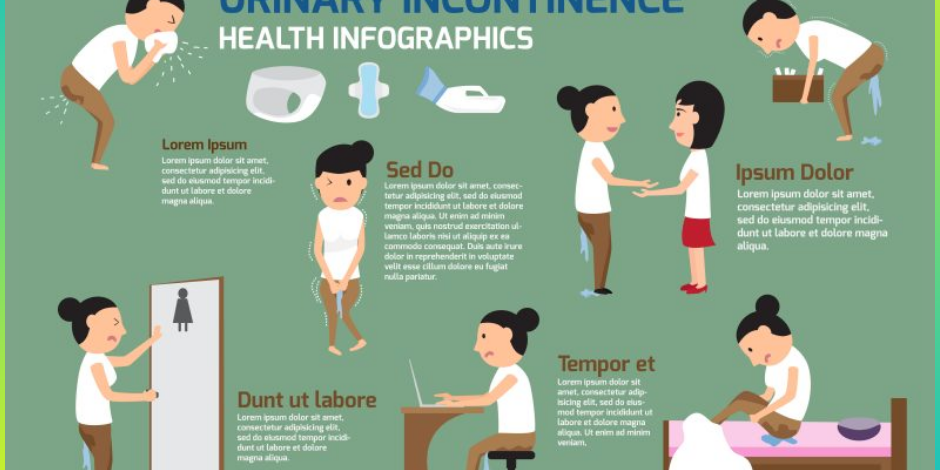Urinary incontinence, often referred to as the unintentional leakage of urine, is a common condition that affects millions of people worldwide. For many, this can lead to discomfort, embarrassment, and even social withdrawal. Dr. Pawan Rahangdale, a urology specialist in Pune, offers expert insights on understanding, diagnosing, and treating urinary incontinence to help patients regain control and confidence in their lives.
Symptoms of Urinary Incontinence
Urinary incontinence manifests in various forms, each with its unique symptoms:
- Stress Incontinence: Leakage occurs when there’s pressure on the bladder, such as during coughing, sneezing, laughing, or lifting heavy objects.
- Urge Incontinence: A sudden, intense urge to urinate, often followed by involuntary leakage, typically associated with an overactive bladder.
- Overflow Incontinence: Incomplete emptying of the bladder causes frequent dribbling, as the bladder overfills and leaks.
- Functional Incontinence: Physical or mental impairments make it difficult to reach the bathroom in time.
- Mixed Incontinence: A combination of stress and urge incontinence symptoms.
Recognizing these symptoms early is essential, as they can worsen over time without proper treatment.
Causes of Urinary Incontinence
Several factors contribute to urinary incontinence, including:
- Age: The muscles that control the bladder weaken as people get older.
- Pregnancy and Childbirth: The physical stress of pregnancy and delivery can weaken pelvic floor muscles, leading to incontinence.
- Menopause: Reduced estrogen levels can lead to weakened bladder muscles.
- Prostate Issues in Men: Conditions like an enlarged prostate can lead to overflow incontinence.
- Neurological Disorders: Conditions like Parkinson’s disease, multiple sclerosis, and stroke can interfere with nerve signals, affecting bladder control.
- Obesity: Excess weight adds pressure on the bladder and surrounding muscles.
Treatment Options for Urinary Incontinence
With the right guidance from a specialist like Dr. Pawan Rahangdale, urinary incontinence can be effectively managed and treated. Treatment options include:
- Lifestyle Modifications: Simple changes, such as reducing caffeine and alcohol intake, maintaining a healthy weight, and establishing regular bathroom habits, can significantly reduce symptoms.
- Pelvic Floor Exercises: Also known as Kegel exercises, these strengthen the pelvic muscles, improving bladder control over time.
- Bladder Training: Techniques such as scheduled voiding and increasing time between bathroom visits can help patients regain control.
- Medications: Depending on the type of incontinence, medications may help relax bladder muscles or treat an overactive bladder.
- Minimally Invasive Procedures: Options such as bulking agent injections, sling procedures, or botulinum toxin injections can provide relief.
- Surgery: For severe cases, surgical interventions like urethral slings or bladder neck suspension may be necessary.
Managing Urinary Incontinence with Dr. Pawan Rahangdale
Dr. Pawan Rahangdale understands that every patient’s experience with urinary incontinence is unique. His approach involves a thorough evaluation of each patient’s symptoms, lifestyle, and medical history to develop a customized treatment plan. With his expertise and compassionate care, patients in Pune can confidently address urinary incontinence and reclaim their comfort and quality of life.

